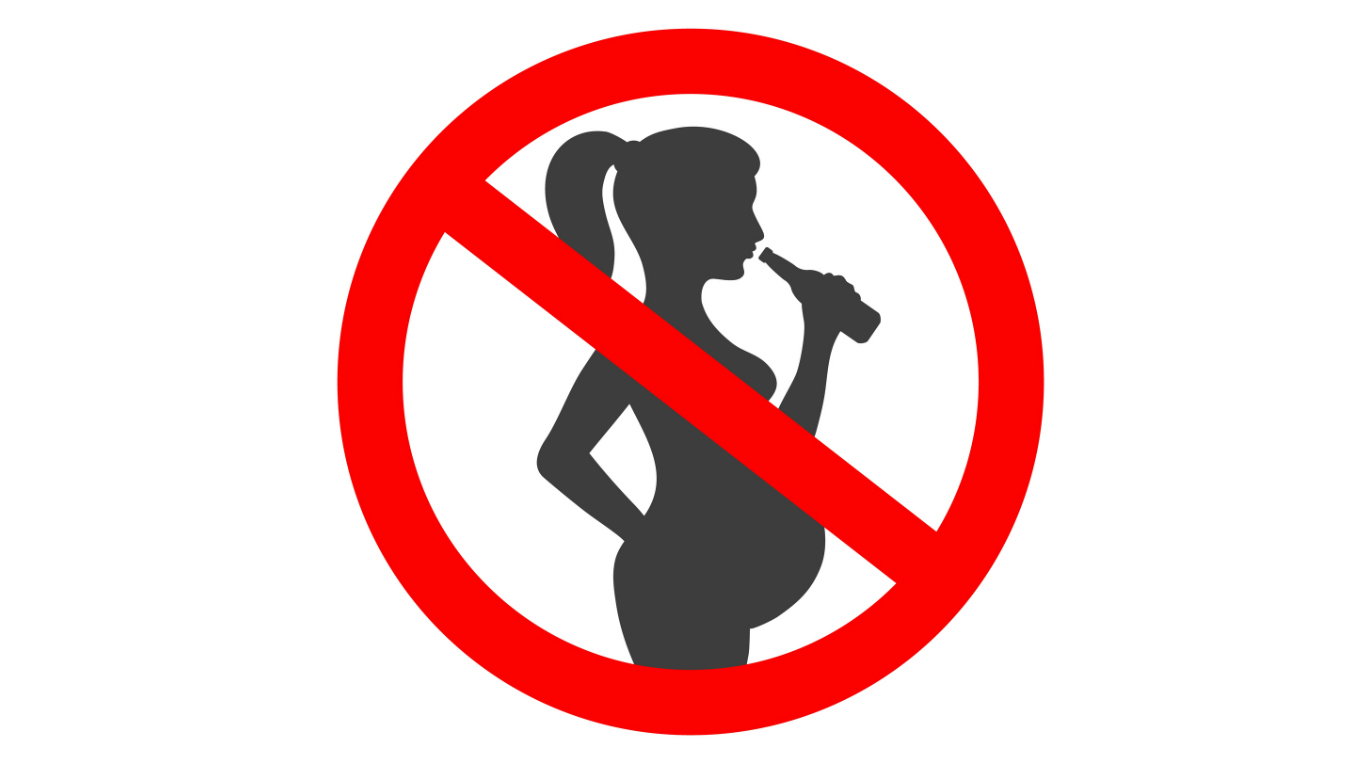Companies and Brands
Health Groups Push for Warning Labels on Alcohol to Include Cancer

Published:
Last Updated:

Five public health and consumer protection organizations have joined together to ask the U.S. government to require new warning labels on all alcoholic beverages.
The American Institute for Cancer Research, the American Public Health Association, the U.S. Alcohol Policy Alliance, the Center for Science in the Public Interest, and Breast Cancer Action signed a letter just sent to the Alcohol and Tobacco Tax and Trade Bureau (TTB), which oversees alcohol labeling, asking for the new warning.
As of 1988, with the passage of the Alcoholic Beverage Labeling Act, any beverage containing 0.5% alcohol or more has been required to carry a government-mandated statement, reading “(1) According to the Surgeon General, women should not drink alcoholic beverages during pregnancy because of the risk of birth defects. (2) Consumption of alcoholic beverages impairs your ability to drive a car or operate machinery, and may cause health problems.”
The coalition wants the label to be amended to include the words “consumption of alcoholic beverages can cause cancer, including breast and colon cancers.” This is necessary, they say, because most consumers don’t know that alcohol and cancer can be linked. Breast and colon cancer are two of the three most common types of cancer in men and women.
For people aged 50 and older, cancers of various kinds accounted for 27.1% of all alcohol-linked deaths among women and 18.9% of those among men, according to a 2018 study published in the British medical journal The Lancet.
“The industry has succeeded in putting a health halo around alcohol,” said Thomas Gremillion, director of food policy at the Consumer Federation of America, “[and] has the responsibility to give consumers the scientific information they need to make informed choices about alcohol…”
The problem is that alcohol is the second most addictive substance known to humankind, after tobacco. Also, both for its own effects and for its potentially fatal interactions with commonly used medications, like anti-anxiety drugs, it is one of the most dangerous drugs in the world.
Credit card companies are pulling out all the stops, with the issuers are offering insane travel rewards and perks.
We’re talking huge sign-up bonuses, points on every purchase, and benefits like lounge access, travel credits, and free hotel nights. For travelers, these rewards can add up to thousands of dollars in flights, upgrades, and luxury experiences every year.
It’s like getting paid to travel — and it’s available to qualified borrowers who know where to look.
We’ve rounded up some of the best travel credit cards on the market. Click here to see the list. Don’t miss these offers — they won’t be this good forever.
Thank you for reading! Have some feedback for us?
Contact the 24/7 Wall St. editorial team.